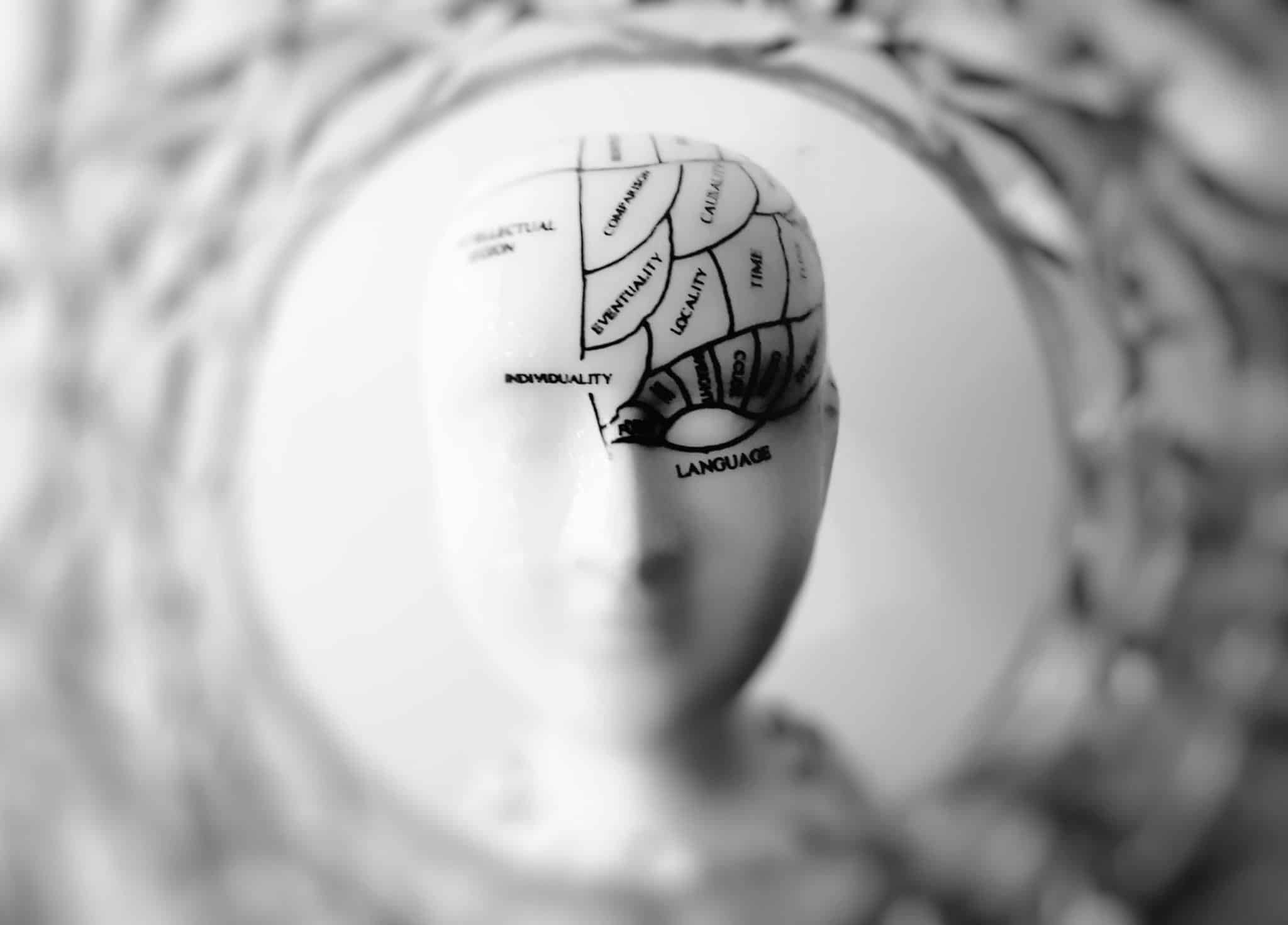Studies show that staying up past midnight may be more detrimental than expected. The brain is not equipped to perform at its best during these hours, which can negatively affect mental well-being, judgment, and behavior. This insight has led to growing conversations about how modern lifestyles interfere with our natural sleep patterns.

The mind’s capacity to process information and make sound decisions diminishes significantly after midnight. Experts suggest that this is due to our circadian rhythms, the body’s internal clock, which is programmed to sleep at night rather than be awake. When we override these limits, our brain has difficulty maintaining normal function.

People who remain awake in the early hours of the morning are more likely to make impulsive choices and take risks. Research indicates that this happens because the brain becomes less effective at managing emotions and impulses late at night.

Interestingly, scientists believe this issue may be tied to an ancient survival instinct. Humans evolved to be active during daylight when it was safer to work, hunt, and gather. Nighttime posed more risks, leading to a natural wiring for rest during these hours to enhance safety and survival.

A study published in Frontiers in Network Physiology highlights how mental activity shifts after midnight. Researchers found that people are more likely to have negative thoughts, anxiety, and depression during these hours, suggesting that staying up late can worsen mental health, especially for individuals already susceptible to these issues.
What does this mean for night owls? While some individuals are naturally inclined to stay up late, it’s crucial to understand the potential risks. Prioritizing sleep and sticking to a regular sleep schedule may help reduce the harmful effects of late-night activity on mental health and decision-making.
